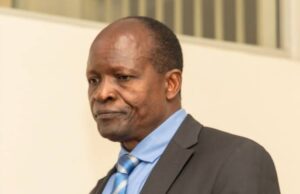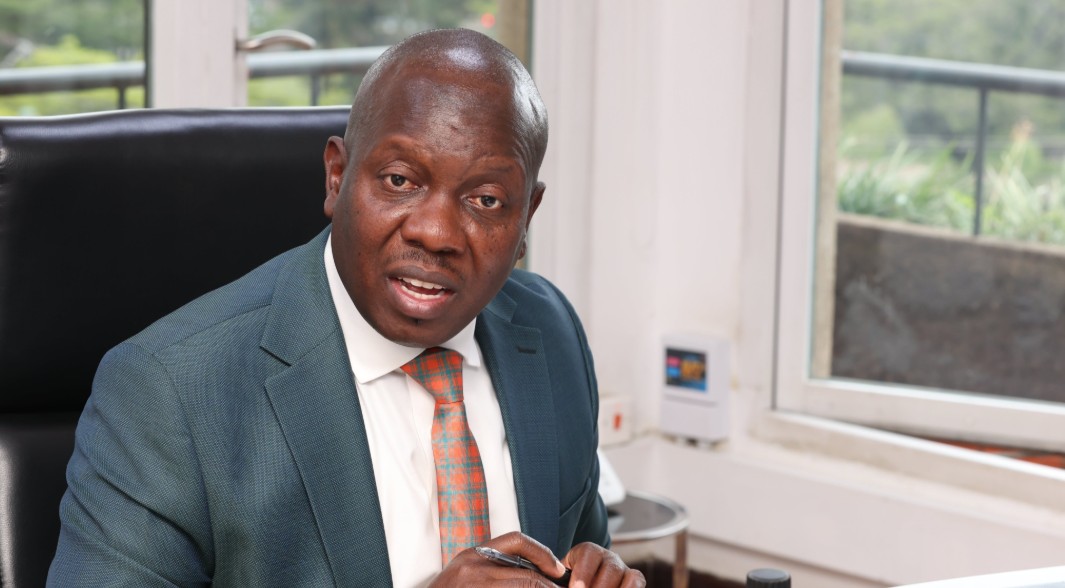The Office of the Director of Public Prosecutions under Renson Ingonga is now facing heavy criticism after senators raised alarm over the withdrawal of key corruption cases involving counties.
The move has painted the DPP as an obstacle in the fight against graft, with lawmakers questioning whether the office is committed to holding powerful individuals accountable or protecting them.
The concern is not new, but the latest developments have exposed how the ODPP has consistently watered down efforts by the Ethics and Anti-Corruption Commission.
During a session with the Senate County Public Accounts Committee, EACC officials revealed that since 2013, at least 18 corruption cases tied to counties have been withdrawn by the ODPP.
These include high-profile matters from Isiolo, Makueni, Tharaka, Turkana, Nakuru, and Nyeri counties.
Senators expressed outrage that such decisions are being made without proper consultation with the EACC, which is mandated to investigate and pursue recovery of stolen public funds.

Former Migori county governor Okoth Obado. Photo Courtesy/File
Senator Erick Okong’o was particularly blunt, warning that the culture of sweeping corruption cases under the carpet would only weaken public trust.
He added that if the DPP continues to act unilaterally, Parliament may have no choice but to push for constitutional changes to give EACC more teeth.
The problem goes beyond numbers. One of the most glaring examples is the recent move by Ingonga’s office to withdraw charges against former Migori Governor Okoth Obado, his children, and several associates in a corruption scandal involving over half a billion shillings.
Obado had faced allegations of siphoning funds through fake contracts, with the EACC initially seeking to recover over Ksh.1.9 billion.
Instead of pursuing the case to its full conclusion, the DPP endorsed an out-of-court settlement that allowed Obado to surrender only Ksh.428 million worth of assets. To many, this decision reeks of a soft landing for the politically connected, raising suspicion that justice is negotiable depending on one’s influence.
Senators have insisted that this pattern of withdrawals undermines the seriousness of Kenya’s war on corruption. They argued that when the DPP undermines the very cases EACC works on, it creates a dangerous loophole where governors and county officials can loot with the assurance that their cases might never see the light of day.
Ingonga’s leadership has therefore been placed under scrutiny, with many Kenyans questioning whether the DPP’s office serves public interest or political convenience.
The bigger picture is that counties continue to lose billions of shillings while essential services suffer. Schools, hospitals, and infrastructure projects stall, yet those responsible walk free through questionable decisions.
The credibility of the ODPP is now hanging by a thread, and unless Parliament steps in to restructure the powers between EACC and the DPP, the fight against graft risks becoming a meaningless show.
Under Ingonga, the ODPP appears to have turned into a refuge for the corrupt instead of a force for accountability.



